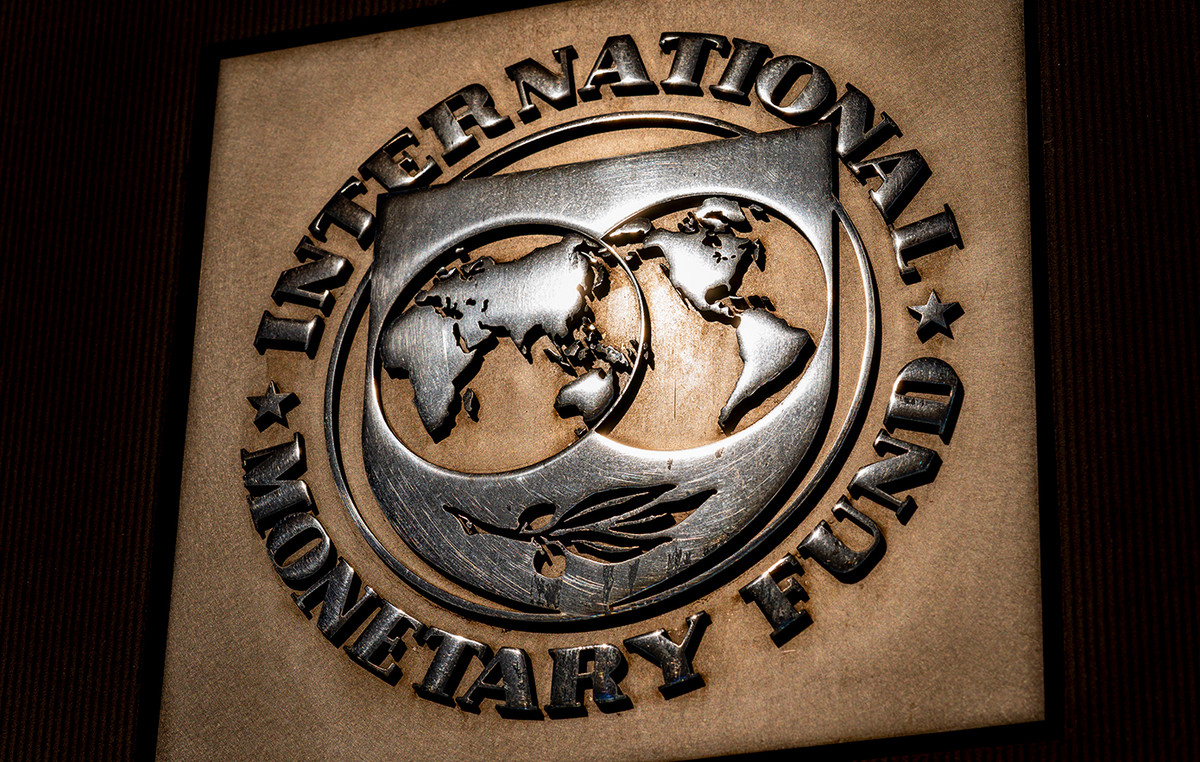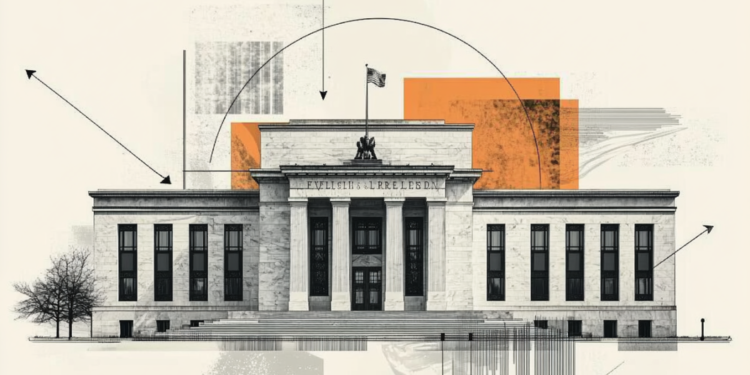Inflationary pressure on home costs fell 1.14% in April this year, according to the Broad Consumer Price Index (IPCA), released this Wednesday (11) by the Brazilian Institute of Geography and Statistics (IBGE) .
It was the first retraction of the indicator for the segment since February 2021, after posting 14 consecutive highs. IBGE data also point out that the housing sector was the only segment that showed deflation in April.
The drop in the monthly costs of Brazilian real estate was mainly driven by the reduction in the price of residential electricity, which fell by 6.2% this month. In 2021, according to the IPCA, impacted by the worst energy crisis in the last 90 years, the electricity bill recorded an increase of more than 20%.
According to economist André Braz, from Fundação Getúlio Vargas (FGV), the drop reflects the end of the water scarcity tariff flag. He points out that, in the IPCA for the month of May, electric energy should continue to decline, but that these results will not be definitive.
“By our accounts, energy deflation in these two months will be 12%, but Aneel (National Electric Energy Agency) has authorized some readjustments of around 20% in the main states of the country. With this, we calculate that the energy will have a positive variation between 8 or 10% in 2022”, he says.
For André Braz, the housing group will not have a negative balance for a long time, since in addition to the readjustments practiced by energy distributors, climate variables also influence energy generation in Brazil. “Depending on how autumn and winter will be, with less or more rain, it may be that at the end of the year we still have energy with a yellow flag”, he adds.
Also according to the IBGE, in the housing category, the subgroup that showed the greatest increase in April was charcoal, as domestic fuel. In comparison with the previous month, coal increased by 4.62%.
For André Braz, this rise is due to the rise in the price of cooking gas, which makes families turn to other sources of energy to prepare food.
“It’s a picture of poverty, as income is eroded by inflation, families begin to opt for cheaper energy. The problem is that this represents a risk of fire, both coal and the use of other fuels, such as alcohol”, he evaluates.
The cost of the cylinder for the consumer has already registered, in just under three years, an increase of 64%, or R$ 45 more, in the budget of 98% of Brazilian families, who use the fuel for cooking.
IPCA maintain high inflation for almost all segments
Released this Wednesday (11), the IPCA, which measures the country’s official inflation, slowed to 1.06% in April compared to the previous month. However, this was the highest result for the month of April since 1996 (1.26%). In March, the index had stood at 1.62%.
Year-to-date, inflation rose 4.29%. In the last 12 months, the index shows a value of 12.13%, above the 11.30% observed in the 12 immediately previous months.
While housing expenditures dropped, the food and beverage and transport categories weighed in on the April IPCA. Together, the two groups contributed about 80% of the index.
In food and beverages, the rise was driven by the increase in food prices for household consumption (2.59%). In the case of transport, the increase was mainly driven by the increase in fuel prices, as in the previous month, especially gasoline, with a rise of 2.48%.
Source: CNN Brasil
I am Sophia william, author of World Stock Market. I have a degree in journalism from the University of Missouri and I have worked as a reporter for several news websites. I have a passion for writing and informing people about the latest news and events happening in the world. I strive to be accurate and unbiased in my reporting, and I hope to provide readers with valuable information that they can use to make informed decisions.







